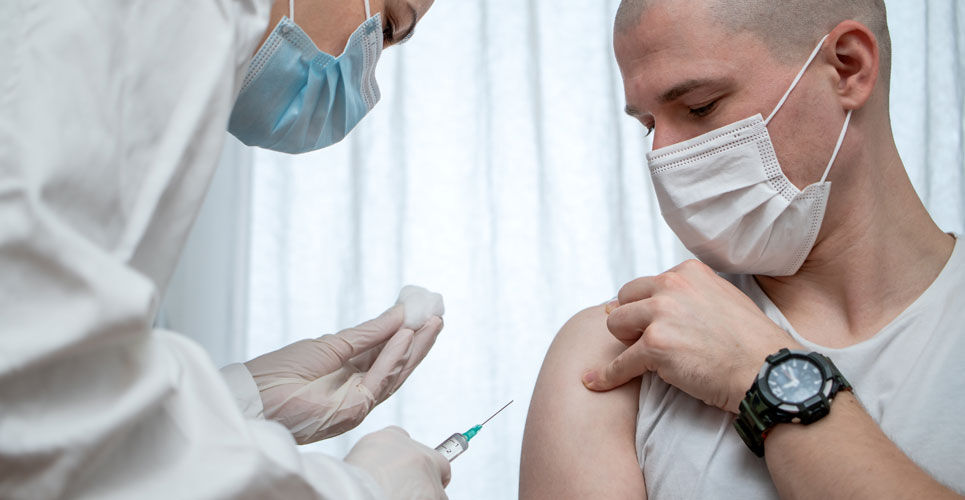Seroconversion rates after a COVID-19 vaccine are low among immunocompromised patients but consistently improve after a second dose is given
Seroconversion rates that develop after a single COVID-19 vaccination among groups of immunocompromised patients is low but improves after a second dose according to the results of a systematic review and meta-analysis by researchers from the Yong Loo Lin School of Medicine, National University of Singapore, Singapore.
Immunocompromised patients have been deemed to be at an increased risk severe COVID-19 illness and death. Furthermore, it has been recognised that among immunocompromised, solid organ transplant patients, a wide range of respiratory viruses cause significant morbidity and mortality among transplant recipients. In a 2020 review of COVID-19 among cancer patients, it was noted how those with cancer are susceptible to severe clinically adverse events and higher mortality from COVID-19 infection as well as morbidity and mortality from their underlying malignancy. Although one 2018 systematic review found that seroconversion and sero-protection rates for influenza antigens were low in solid organ transplant recipients, there have been no such reviews on the immunogenicity of COVID-19 vaccines and the overall seroconversion rates among cohorts of immunocompromised patients.
For the present analysis, the Singaporean team compared the seroconversion rates among groups of immunocompromised patients compared to immunocompetent controls. The team searched for studies that included patients with active cancer of solid organs, haematological cancers, organ transplant recipients, those with active immune mediated inflammatory disorders and for which a comparator group was included. The primary outcomes of interest were seroconversion after the first and second COVID-19 vaccine doses.
Seroconversion rates after vaccination
A total of 82 studies were included in the meta-analysis.
Among those with haematological cancers, compared to immunocompetent individuals, the seroconversion rate after the first vaccination was less than half (risk ratio, RR = 0.40, 95% CI 0.32 – 0.50) and similar for those with solid cancers (RR = 0.55, 95% CI 0.46 – 0.65) and immune mediated inflammatory disorders (RR = 0.53, 95% CI 0.39 – 0.71). However, it was significantly lower for organ transplant patients (RR = 0.06, 95% CI 0.04 – 0.09).
After the second vaccination, the rates of seroconversion increased. For example, for haematological cancers (RR = 0.63) and among those with solid cancer (RR = 0.90) and whilst higher, remained very low, among organ transplant patients (RR = 0.39).
The authors did not include studies where a third COVID-19 dose had been administered in the meta-analysis because most studies did not include a comparator for control purposes. Nevertheless, based solely on a systematic review, they found that conversion rates for organ transplant patients improved by 36 and 66.7%.
The authors concluded that administration of a third vaccine dose (which has now become standard practice for everyone) is warranted for immunocompromised patients.
Citation
Lee ARYB et al. Efficacy of covid-19 vaccines in immunocompromised patients: systematic review and meta-analysis BMJ 2022

